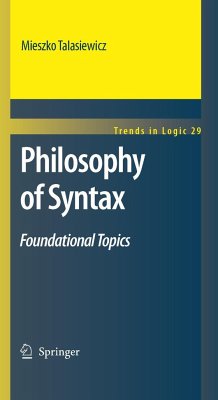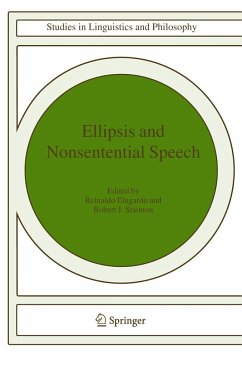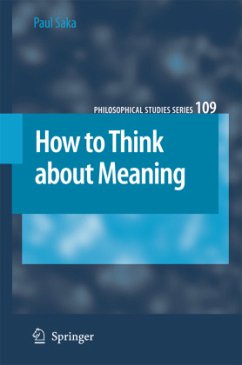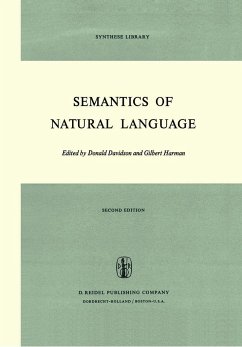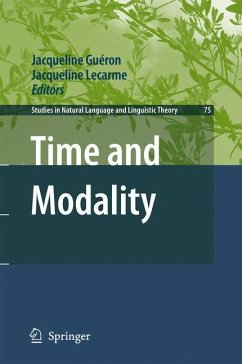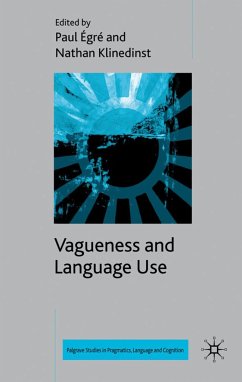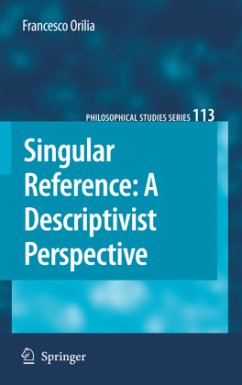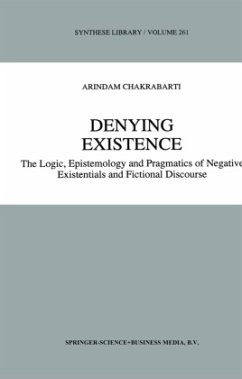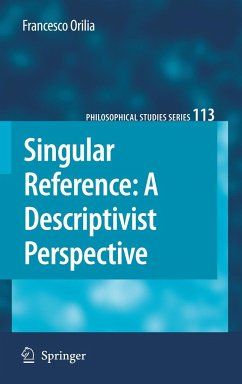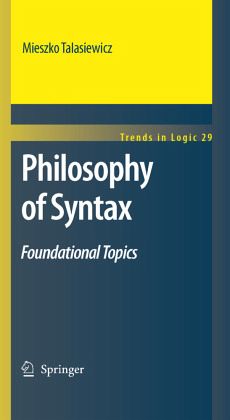
Philosophy of Syntax
Foundational Topics
Versandkostenfrei!
Versandfertig in 6-10 Tagen
76,99 €
inkl. MwSt.
Weitere Ausgaben:

PAYBACK Punkte
38 °P sammeln!
Abstract In the chapter some preliminary methodological issues are discussed, including the demarcation between logic and linguistics and the shortcomings of empirical base of the theory of syntax. An epistemological approach to language is sketched out and a need for the proper balance between logical aspects of natural language and vernacular usage is claimed crucial for any reliable theory of syntax and - mantics. Learnability and efficiency are presented as the most important c- straints to be imposed upon a logical analysis of language. Keywords Linguistics, Logic, Methodology, Natural La...
Abstract In the chapter some preliminary methodological issues are discussed, including the demarcation between logic and linguistics and the shortcomings of empirical base of the theory of syntax. An epistemological approach to language is sketched out and a need for the proper balance between logical aspects of natural language and vernacular usage is claimed crucial for any reliable theory of syntax and - mantics. Learnability and efficiency are presented as the most important c- straints to be imposed upon a logical analysis of language. Keywords Linguistics, Logic, Methodology, Natural Language 1. 1 Epistemological Background of the Problem of Syntax Among central questions of epistemology two are the most fundamental: how language is related to the reality that we talk about in this language, and how one can rationally learn what this reality is like. Let us label these questions resp- tively 'the question of reference' and 'the question of method'. Certainly these two arevery closely interconnected. Perhaps some solution to the problem of r- erence would solve the problem of method: the way in which language refers to reality would tell us how to verify the sentences of this language. But in general it can be otherwise. Equally imaginable is the case that we know what (e. g. which possible states of affairs) our sentences refer to but we do not know (scil. we c- not rationally justify our belief in this respect), whether they are true (scil.





